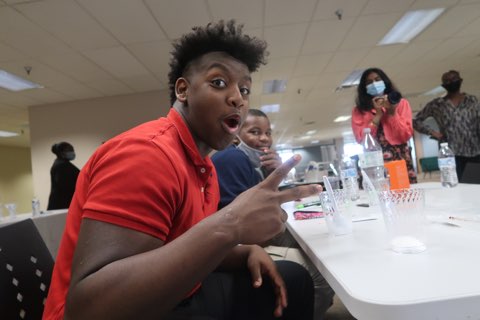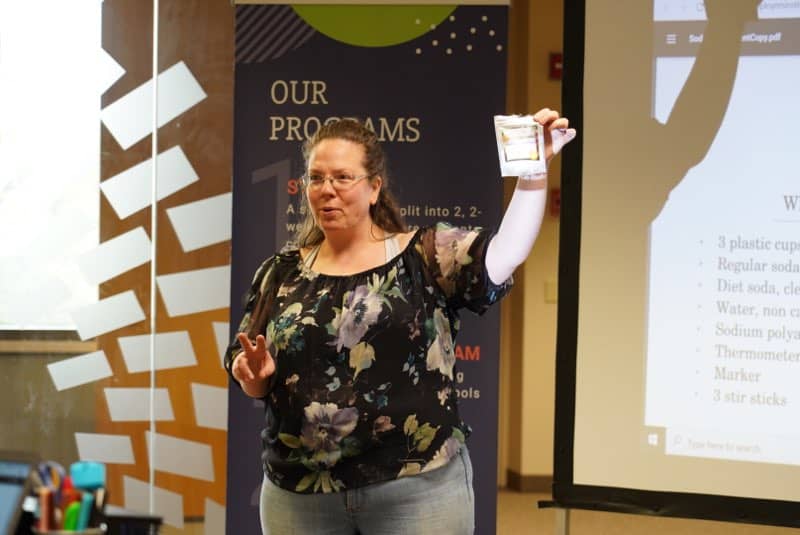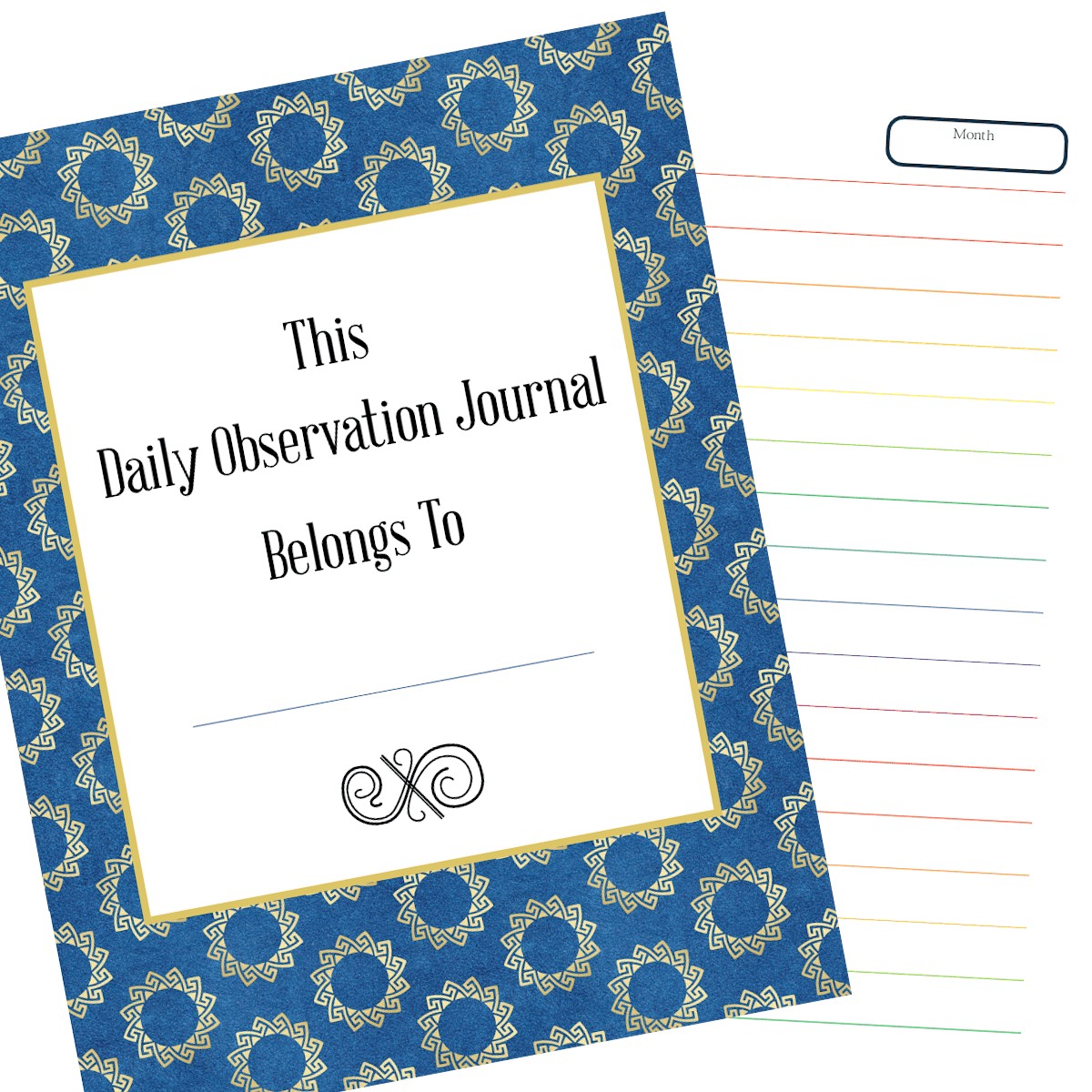Being a torchbearer of knowledge, especially scientific knowledge, is a fun journey. You learn so many useful, life changing things. There are so many ways to take any situation and come up with solutions that make life better. And yet, there is the potential to be misunderstood when you share the knowledge. Or worse, the subject you share being misused and abused for crimes against humanity and/or animals. Let’s go through a couple of the problems you’ll come up against so you’re prepared.
Misinformation is embedded everywhere.
This one is a pretty broad category, really, and the media, old books that aren’t up to date, inaccurate understanding that leads to conspiracy theorists going over the deep end… I could go on, but you see the point.
Misinformation is perpetuated by a variety of people from well meaning individuals that just could not get a grasp of the facts (flat earthers, for example) to the mainstream media with an agenda (climate change is looking more questionable every day when things like what Project Veritas caught about media agencies using it as propaganda are known).
This misinformation can also come in the form of someone not being caught up to date on methods. For example, at a town hall meeting someone went on a rant about farming being bad for the environment, but they cited methods that haven’t been used since the 1930s in most of the world. They were clearly ill-informed, but concerned citizens with their mind set that they were in the right.
The way to combat all this is get really good at listening, hearing where they are coming from, and the Socratic method of logic. People that are true believers in the misinformation they have emedded you’ll never convince. However, you might be able to open their minds a little, and when they come across information and data on their own, they might be willing to give it some serious thought before screeching and running.

If that isn’t enough, different people and different audiences all respond differently to different methods of communication.
This is a blog post, which I know won’t reach a lot of people because it involves reading. A growing number of people rely on video and podcast so they can multitask. Many search engine have an algorithm that reflects that.
So, why am I still writing a blog post?
Because it will reach an audience that prefers to learn in this format. Eventually I’ll make another in video format and reach a different audience.
This is something that is a tiresome game to play for many communicators. There is so much content to make after doing the research
This is also part of the fun, really. Think of it this way: You can make one core piece of content, then make spin-offs of them.
For Insanitek it looks like this:
- Write blog post which is editable for tone and accuracy
- Tweak after published for video scripts, and increase precision and accuracy as well as change the call to action (stome day we’ll record these…)
- Create posts for social medias in both static image format (and prepare video clips once we get that far) and edit the call to action again to fit the short form format of social media
Each one of these platforms allow us an opportunity to tweak the way we word things for the likely audience.
In person events it’s easier because you can ask the cordinator for information about the audience and tailor the level of depth you dive into the topics accordingly.

All this becomes easier when you have a good acquisition of knowledge.
Study your passions and all tangential subjects a little every day will help you stay on top of the field, any debates that are in it, misconceptions, and misinforamtion floating around. Practice communicating in any format as often as possible, asking for feedback on how they understood it.
But how do you acquire real knowledge? Consume info from:
- Academic journals
- Posts with many, many legit citations
- Links to pop culture blogs, news cites, and the ever changing government sites aren’t as legit as you’d think. They are always tinted with bias, and the government agencies are known to bury and changes pages all the time with no warning making them unstable and unreliable.
- Academic blogs and videos written by researchers
- Industry white papers and research – but take it with a grain of salt
Keep in mind everywhere will have a bias. While not inherently evil, it will taint the language used, what the researcher and/or communicator highlights as important, their conclusions, and even their motivation.
Keep in mind that there is also a difference between reality and things that go on in the ivory tower. Academia has allowed itself to be a foundation of theory, experiments, and be isolated from real world consequences. The data may not hold up in the real world under real world conditions. The results from many things can be interesting, but overall that is it. Know when that is the case.
It’s your job as a torchbearer of scientific knowledge to have a high integrity even when others don’t. That means if you find one piece with a certain spin, actively seek out the other side of it. Use pop culture, social media, and other such places to look for misconceptions and areas where the info came across as hazy or crossing ethical bounds.
It’s not your job to defend the research. It’s your job to understand from an unbiased perspective and keep records of the knowledge – and possibly the interactions with the scientific knowledge.

Communication as a torchbearer of scientific knowledge is as much fun as it is serious.
It doens’t matter if you’re more of an introvert or extrovert. You can find your voice, find your style, and follow the intense life in your field of study.
See the fact that there are many different audiences and ways of communicating. You can go solo, pair up, be part of an agency as a researcher, or any number of ways you can be a torchbearer. Have fun by not putting yourself in a box.

